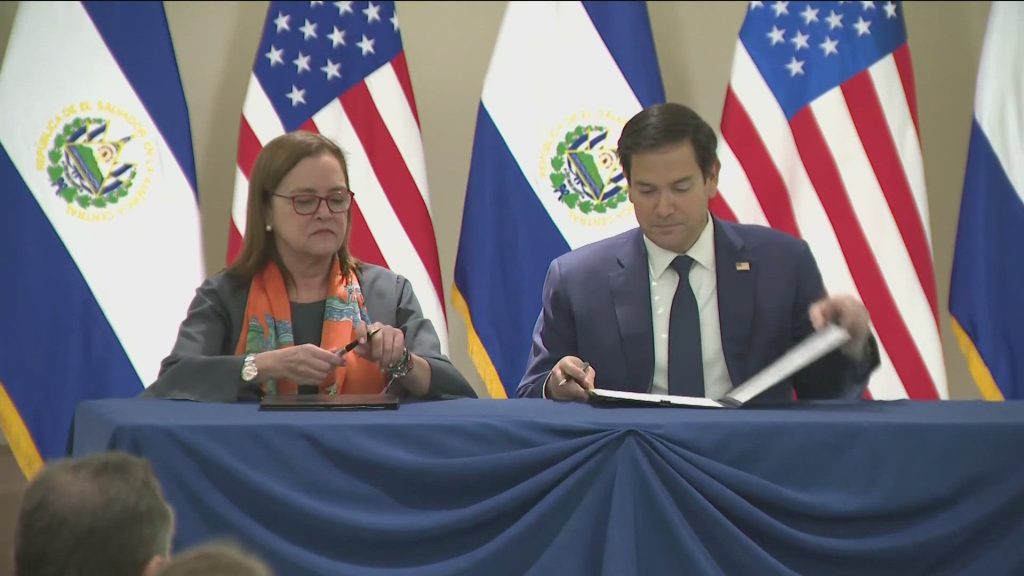El Salvador’s President, Nayib Bukele, is offering a surprising solution to help the U.S. with its overcrowded prison system. He has proposed that his country could house dangerous U.S. criminals—including American citizens and deported criminal migrants – in its massive, high-security facility. This proposal came during a discussion with U.S. Secretary of State Marco Rubio. Bukele highlighted that for a relatively small fee, the U.S. could use El Salvador’s 40,000-inmate “mega-prison,” known as the Terrorism Confinement Center (CECOT).
Bukele believes this plan would benefit both countries. For the U.S., it would reduce pressure on its prisons and save costs while El Salvador would generate revenue to sustain its prison operations.
Who Would Be Sent to El Salvador?
According to Bukele’s plan, El Salvador is willing to take in U.S. prisoners—whether they are American citizens or criminal migrants deported from the U.S. This proposal could potentially include violent offenders and gang members. Bukele’s government has been cracking down on gang violence in El Salvador, filling the new prison with thousands of local inmates. He claims this experience makes his country well-prepared to manage high-risk criminals from abroad.
Mixed Reactions in the U.S.
Secretary of State Marco Rubio praised the offer, calling it “generous and unprecedented,” but he acknowledged that it would take time to assess the legal details. Former President Donald Trump has already shown enthusiasm, saying he would approve the plan “in a heartbeat” if it’s legally viable. Trump believes outsourcing incarceration could significantly reduce US prison costs.
However, legal experts warn that transferring U.S. citizens to foreign prisons could face serious legal challenges. The U.S. Constitution guarantees certain rights to prisoners, and those may not be upheld in foreign facilities.
Concerns About Prison Conditions
The circumstances in El Salvador’s prisons are causing human rights organizations to express alarm. Inmates are crammed into small spaces, often sleeping on the floor, according to recent images. The transportation of American convicts to overseas prisons raises concerns among activists that they may be subjected to cruel treatment.
What’s Next?
The suggestion is being carefully considered by the U.S. administration. If accepted, this action might change the way the nation handles its deportation and prison systems. However, in addition to intense scrutiny from human rights organizations, the move is expected to encounter legal and political obstacles.

